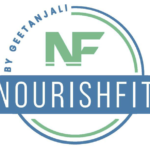Table of Contents
ToggleProtect Your Health from Environmental Toxins
Environmental toxins in today’s fast-paced world lurk in every corner—threatening our health in ways we often overlook. From the air we breathe to the food we eat, these hidden dangers can disrupt our hormones, weaken our immune systems, and lead to chronic diseases. Understanding the sources of these toxins and implementing simple yet effective strategies to minimize exposure is crucial for our well-being.
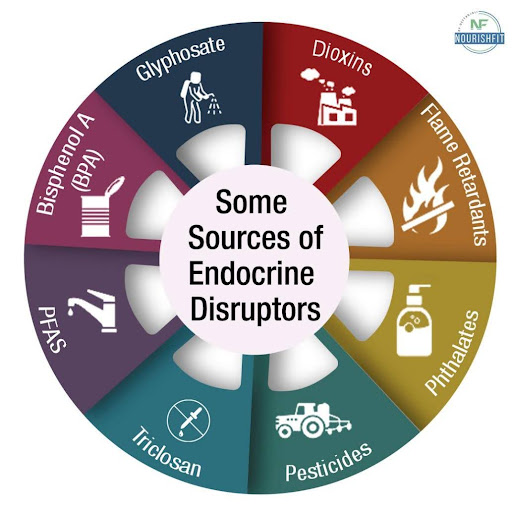
What Are Environmental Toxins?
Environmental toxins are harmful substances, both naturally occurring and man-made, that negatively impact human health. These toxins come in various forms, such as heavy metals like mercury and lead, and man-made chemicals like glyphosate, BPA, and PFAS. Due to industrialization, our daily exposure to these toxic chemicals has increased through food, water, air, and even household products.
The alarming reality is that no level of exposure to these chemicals is truly safe. That’s why it’s essential to consciously limit our contact with them. Further research is needed to establish safe exposure levels and to understand how these toxins affect each individual.
1. Understanding the Impact of Environmental Toxins on Autoimmune Diseases
Autoimmune diseases are on the rise, and environmental toxins play a significant role in this trend. While genetics can predispose us to autoimmune conditions, toxins often act as triggers that disrupt our immune systems and lead to diseases like Hashimoto’s thyroiditis, rheumatoid arthritis, and inflammatory bowel disease. These toxins create oxidative stress and alter gut microbiomes, leading to immune dysregulation and the depletion of glutathione, a crucial antioxidant.
By minimizing exposure to environmental toxins and supporting our body’s natural detoxification pathways, we can reduce the risk of developing or exacerbating autoimmune diseases.
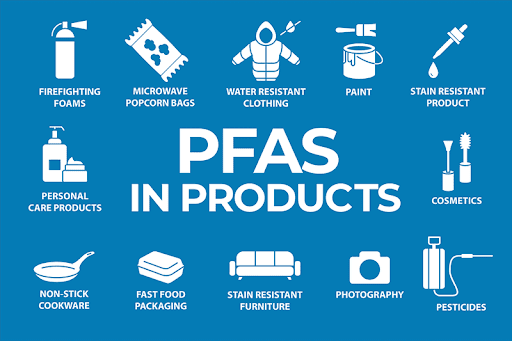
2. The Hidden Dangers of Endocrine Disrupting Chemicals (EDCs)
Endocrine Disrupting Chemicals (EDCs) are another group of environmental toxins that can wreak havoc on our health. These chemicals, found in everyday products like plastics, cosmetics, and pesticides, can mimic or block hormones, leading to significant health issues even at low doses. EDCs have been linked to weight gain, diabetes, fertility problems, and hormone imbalances.
Common EDCs include Bisphenol A (BPA), used in plastic bottles and food containers, and PFAS, found in non-stick cookware and water-resistant fabrics. To reduce exposure, opt for BPA-free products, choose safer cookware like ceramic, and be selective with personal care items.
3. The Silent Threat of Glyphosate: What You Need to Know
Glyphosate, the world’s most widely used herbicide, is a controversial environmental toxin known for its potential health risks. Commonly used in agriculture, glyphosate has been linked to various health issues, including genotoxicity, microbiome disruption, and even cancer. Despite its widespread use, organizations like the World Health Organization (WHO) classify glyphosate as “probably carcinogenic to humans.”
To minimize exposure to glyphosate, prioritize organic foods, thoroughly wash conventionally grown produce, and cook at home more often to control what goes into your meals.
4. Pesticides: The Unseen Culprit in Your Food

Pesticides are chemicals used to kill pests but pose serious health risks to humans. These environmental toxins are found in many foods, including fruits, vegetables, and commercially raised meats. Pesticides can lead to respiratory and neurological disorders, endocrine disruption, and immune suppression.
To reduce your exposure to pesticides, buy locally grown or organic produce, establish a no-shoes policy at home to prevent outdoor pesticides from being tracked indoors, and wash fruits and vegetables thoroughly before eating.
5. The Double-Edged Sword of GMO Crops
Genetically Modified Organisms (GMOs) are often altered to resist pests or herbicides like glyphosate, making them a significant source of environmental toxins. While GMOs can increase agricultural efficiency, they also contribute to poor dietary habits and increase our exposure to harmful chemicals.
To protect yourself from GMOs, focus on whole, unprocessed foods, limit the consumption of ultra-processed items, and look for non-GMO or organic labels when shopping.
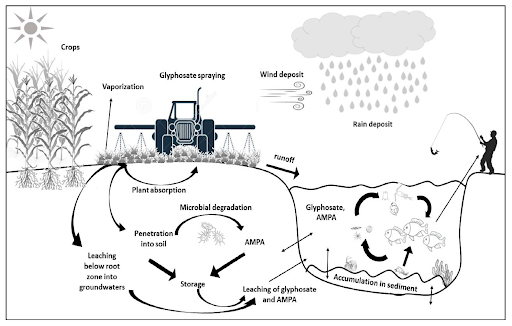
6. Triclosan: The Everyday Toxin in Your Personal Care Products
Triclosan, an antimicrobial agent found in products like soaps, toothpaste, and cosmetics, is another environmental toxin that disrupts the endocrine system. It can interfere with thyroid hormone function and has been linked to skin allergies and respiratory issues.
To avoid triclosan, choose personal care products labeled as triclosan-free, read ingredient labels carefully, and opt for natural alternatives like plain soap and water.
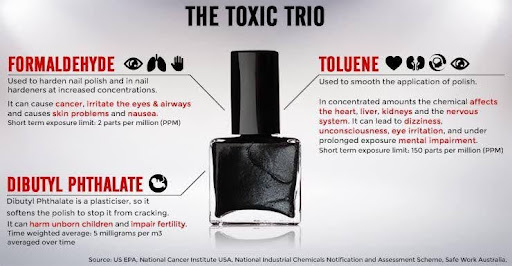
7. Scented Candles: The Surprising Source of Indoor Air Pollution
Scented candles, while popular for creating a cozy atmosphere, can also release environmental toxins into your home. Many scented candles contain synthetic fragrances, phthalates, and volatile organic compounds (VOCs) that contribute to indoor air pollution and can cause respiratory irritation.
To reduce your exposure, choose candles made from natural ingredients like beeswax or soy, use fresh flowers for fragrance, and ventilate your home regularly.
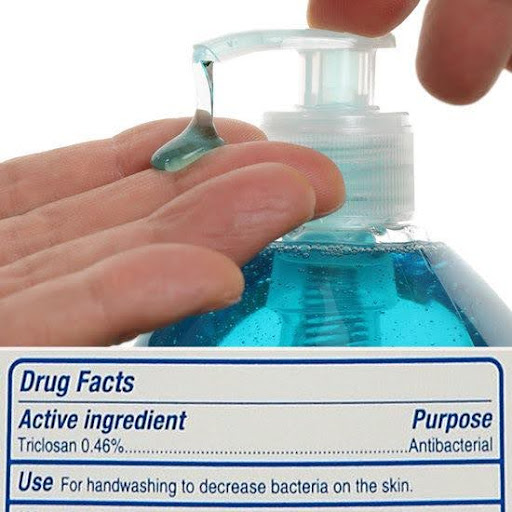
Conclusion: Take Action Against Environmental Toxins
Environmental toxins are an invisible threat that we must actively combat to protect our health. By understanding the sources and effects of these toxins, and implementing the seven powerful solutions outlined in this blog, we can significantly reduce our exposure and promote a healthier future.
Remember, every small change counts. From choosing safer products to eating more organic foods, you have the power to minimize the impact of environmental toxins on your health.
For more information on how to protect yourself from environmental toxins, visit NourishFit and explore our resources on healthy living.
References:
- Environmental Toxins and Health
- Endocrine Disrupting Chemicals
- NIH Endocrine Disruptors
- Folate and PFAS
- Pesticides and Human Health
- Organic Certification in India


